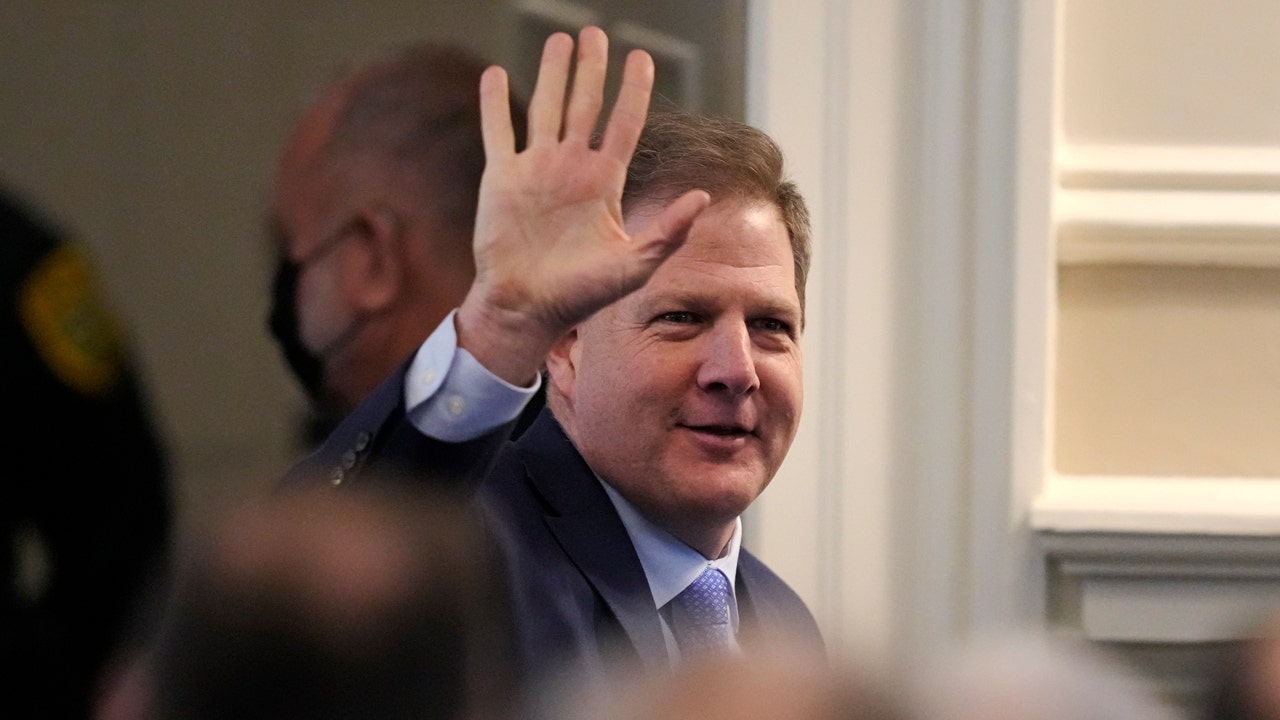In its annual report to Congress in November, the American government’s US-China Economic and Security Review Commission said the legislature should repeal China’s permanent normal trade relations (PNTR) status and instead reintroduce annual reviews of its trade practices to gain more leverage in efforts to change them.
What is permanent normal trade relations status?
Formerly known as most favoured nation status, PNTR is a legal designation in the United States that allows for free trade with a foreign state. Congress approved PNTR status for China in 2000 in exchange for Beijing agreeing to open up its markets and liberalise its trade practices ahead of joining the World Trade Organization in 2001.
What are the legal steps required for revocation?
According to WTO rules, the US can revoke a country’s trade advantages due to national security concerns with a simple majority vote from both houses of Congress, which is the path the Biden administration followed in taking action against Russia after its invasion of Ukraine in February 2022.
How likely is revocation of China’s PNTR status?
Pang Zhongying, an international affairs expert at Sichuan University, said Donald Trump’s second term as US president, beginning on Monday, will provide him with a “timely opportunity” to take such action, given the “abnormal” shape of bilateral trade since Trump’s first term and the fact both countries are heading towards “divergent development”.
“But China would still want to keep its PNTR because the US market is still important,” he said, noting that alternative opportunities offered by the Belt and Road Initiative, the China-Russia alliance or the BRICs grouping were not big enough to replace it.
Alfredo Montufar-Helu, head of the China Centre at The Conference Board think tank, said the incoming US administration could “use the threat” of revocation as “a negotiation tool” to force Beijing to buy more US exports and address US multinationals’ concerns about inadequate access to the Chinese market.
With Trump’s nomination of “China hawks” for key Cabinet posts and Republican majorities in both houses of Congress for at least two years, he said action is on the cards to address concerns in Washington that “China has been taking advantage of the global free trade system and international organisations to the detriment of the US”.
Describing talk about such a move as “more like rhetoric to gain negotiating leverage than an ideologically-anchored commitment”, Han Shen Lin, the China country director at consulting firm The Asia Group, said “it’s reasonable to ask if this could be an outcome of negotiation gone south or a maximalist starting point in search of a grand deal”.
What is the significance of revocation?
Revoking China’s PNTR status would allow the incoming Trump administration to fulfil his pledge to impose 60 per cent tariffs on all imports from China.

 By South China Morning Post | Created at 2025-01-16 23:06:33 | Updated at 2025-01-17 06:35:10
7 hours ago
By South China Morning Post | Created at 2025-01-16 23:06:33 | Updated at 2025-01-17 06:35:10
7 hours ago








